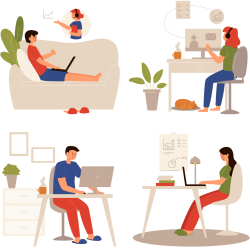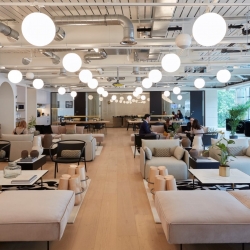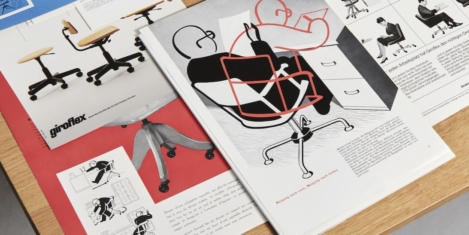To provide the best experiences, we use technologies like cookies to store and/or access device information. Consenting to these technologies will allow us to process data such as browsing behaviour or unique IDs on this site. Not consenting or withdrawing consent, may adversely affect certain features and functions.
The technical storage or access is strictly necessary for the legitimate purpose of enabling the use of a specific service explicitly requested by the subscriber or user, or for the sole purpose of carrying out the transmission of a communication over an electronic communications network.
The technical storage or access is necessary for the legitimate purpose of storing preferences that are not requested by the subscriber or user.
The technical storage or access that is used exclusively for statistical purposes.
The technical storage or access that is used exclusively for anonymous statistical purposes. Without a subpoena, voluntary compliance on the part of your Internet Service Provider, or additional records from a third party, information stored or retrieved for this purpose alone cannot usually be used to identify you.
The technical storage or access is required to create user profiles to send advertising, or to track the user on a website or across several websites for similar marketing purposes.
 Over a third of business leaders admit they don’t agree with the introduction of a law in the UK that would protect an employee’s right to disconnect, similar to the law in place in France, a new poll from iCompario claims. One in seven remain unsure (14 percent). The legislation, which was introduced in France in 2017, forbids employers from expecting their employees to engage in communications, such as emails outside of working hours. The data suggests that substantial two thirds (66 percent) of UK workers would support a similar law being introduced in the UK. More →
Over a third of business leaders admit they don’t agree with the introduction of a law in the UK that would protect an employee’s right to disconnect, similar to the law in place in France, a new poll from iCompario claims. One in seven remain unsure (14 percent). The legislation, which was introduced in France in 2017, forbids employers from expecting their employees to engage in communications, such as emails outside of working hours. The data suggests that substantial two thirds (66 percent) of UK workers would support a similar law being introduced in the UK. More →



































September 9, 2022
Calling time on the quiet quitting hysteria
by Mark Eltringham • Comment, Flexible working